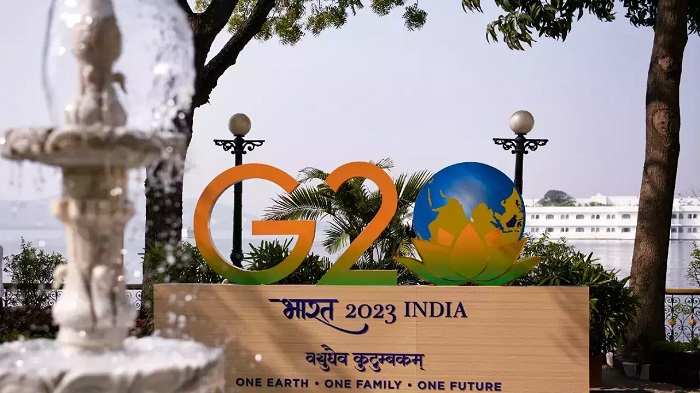
India is seeking to build a consensus and bridge the gap between the West and Russia ahead of the G20 foreign ministers’ meeting in New Delhi on March 1-2, close on the heels of the finance ministers’ meet in Bengaluru, where a joint communique could not be issued due to differences over references to the Russia-Ukraine conflict.
India is in talks with all the sides including key members of the Global South (South Africa-Brazil-Saudi Arabia-Argentina) to arrive at a consensus-driven outcome at this week’s meet that will also be attended by foreign ministers from invitee countries, ET has learnt.
The meeting is expected to be attended by both US secretary of state Anthony Blinken and Russian foreign minister Sergey Lavrov, besides their counterparts from other G20 states.
While differences over the Ukraine conflict will be visible, India as a current G20 president will seek a broader approach that focuses on current challenges faced by the Global South. New Delhi will seek support for its priorities as G20 president.
Foreign minister S Jaishankar, on the sidelines of the G20 meet, is expected to hold bilaterals with Blinken and Lavrov among others. The Quad foreign ministers meeting is scheduled for March 3. Some of the G20 foreign ministers including those from Indonesia, Saudi Arabia and Canada are also speakers at the Raisina Dialogue during March 2-4. Foreign ministers of some G20 invitee countries including Egypt and Oman are also expected to speak at the G20 meet.
On Friday and Saturday, at the Bengaluru meet, Russia and China took a position that finance ministers and central bank governors should not get into geopolitical issues. There was no request from Russia and China to remove the word “war” from the summary. They just wanted two paragraphs to be removed, according to economic affairs secretary Ajay Seth, and that was why there was a chair’s summary.
Later, the Russian foreign ministry urged the West to build equitable relations with new power centres. “We are urging the collective West to reject its destructive course as soon as possible, to understand the objective realities of a multipolar world and to begin building normal ties with the new centres of power on the international stage, such as Russia, based on the principles of the sovereign equality of nations,” a Russian foreign ministry statement said. (Economic Times)


